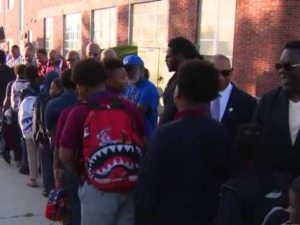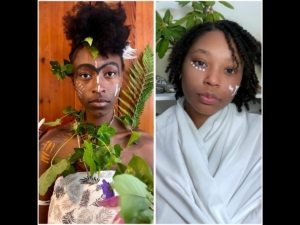After more than 120 years, 119 Benin Bronzes, which were looted by British troops, have been returned to Nigeria. The artifacts were stolen from the Kingdom of Benin in modern-day Nigeria by British soldiers in 1897.
The Netherlands returned the artifacts on Thursday, and they included human and animal figures, plaques, royal regalia and a bell, the AP reported.
Many of the artifacts were housed in a museum in the city of Leiden before being returned following a request from Nigeria’s National Commission for Museums and Monuments.
Olugbile Holloway, director-general of Nigeria’s National Commission for Museums and Monuments, said on Saturday that the artifacts were the “embodiments of the spirit and identity of the people from which they were taken from.”
Oba Ewuare II, the monarch and custodian of Benin culture, also described the return of the artifacts as a “divine intervention” during the handover ceremony in Edo State.
The return of the 119 Benin Bronzes comes as people call on Western countries to return artifacts looted during colonization. Benin City was the capital of Benin Kingdom, one of the most highly developed states in Africa, when it was ransacked and burnt down in 1897 by British forces. Its destruction in what became known as the Benin Expedition of 1897 led to the fall of the once successful and well-recognized Benin Kingdom located in what is now southern Nigeria.
Britain’s punitive expedition did not only lead to the deaths of gallant chiefs but also took away various works of art including Ivory and bronze works. Today, most of these works of art are held in prominent museums, including the Metropolitan Museum of Art and the British Museum. Two of the Benin Bronzes were in 2014 returned by a British citizen, Mark Walker, leading to calls for repatriation of more artifacts.
The Netherlands’ return of 119 artifacts is the largest single repatriation to date as Nigeria continues to stress for the return of more items looted during the colonial era.
In 2022, about 72 objects were returned from a museum in London, and 31 were returned from Rhode Island in the U.S.










